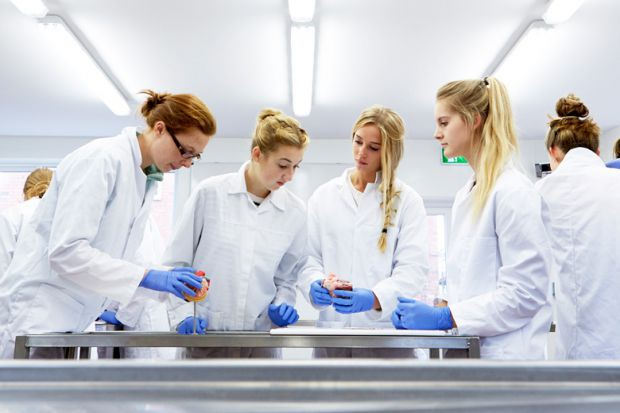
12 Jun
2022
Oxbridge application - Importance of summer work experience
<p>For chemistry, biology, biochemistry, biomedical sciences, materials sciences, natural sciences</p>
<p>With the competition for Oxbridge becoming more and more fierce, the level of academic achievements and activities of applicants is also increasing. Back in 2009 when I was applying, it was not so common to have lab experiences (for medicine, it was still a must back then). But looking at applicants’ personal statement these days, pretty much every applicant has done some sort of lab experience. One of my Biochemistry student even wrote a letter to a professor at Oxford and was very lucky to be allowed to do some work experience in her lab.</p>
<p> </p>
<p><strong>Why is work experience for science subjects a must?</strong></p>
<p>Like I talked about the importance of academic passion in assessing an applicant, work experience can act as the proof that demonstrates the applicants’ commitment and passion in two ways:</p>
<ol>
<li>
<p>The applicant will have seen what the course entails, what the research life is like.</p>
</li>
<li>
<p>The applicant has gone through the process of applying to these summer work placements. He/she must be pretty committed.</p>
</li>
</ol>
<p> </p>
<p><strong>Where can I find out about the work experience opportunities?</strong></p>
<p>There are two types of lab work experience opportunities in the UK:</p>
<ol>
<li>
<p>University work experience programmes, e.g. Imperial Year 12 Summer Work Experience Porgramme <a href="http://www3.imperial.ac.uk/newsandeventspggrp/imperialcollege/administration/outreach/eventssummary/event_4-12-2015-13-31-11">http://www3.imperial.ac.uk/newsandeventspggrp/imperialcollege/administration/outreach/eventssummary/event_4-12-2015-13-31-11</a></p>
</li>
<li>
<p>Directly email the labs and ask for them. Most of UK university labs have email addresses of every lab members displayed on their website, e.g. Oxford Chemistry Professor Tom Brown’s Nucleic Acids Reseearch Group <a href="http://www.browngroupnucleicacidsresearch.org.uk/people">http://www.browngroupnucleicacidsresearch.org.uk/people</a></p>
</li>
</ol>
<p> </p>
<p><strong>How do I apply to these?</strong></p>
<p>Of course, these opportunities will only be available for those very committed and ‘passionate’ students and to some extent luck is needed. By committed and passionate students I mean one thing: students who read about a particular topic of interest within the applying subject (e.g. immunology for Biology related subject applicants) beyond their school class level and who wish to explore this further in laboratories.</p>
<p> </p>
<p>So when you write a letter/personal statement explaining why you want to do work experience in the particular lab/undergo this summer work experience programme, you want to mention some books/ journals/ articles you have read and mention specific research areas you are interested in and the related research areas and associated techniques you would like to explore.</p>
<p> </p>
<p><strong>Why do university labs accept high school students?</strong></p>
<p>1) Many labs actively and willingly support ambitious high school students to have access to the laboratory environment.</p>
<p>2) Many of experiments carried out in laboratories can be repetitive for PhDs and postgraduate researchers. Relatively simple ones can be taught given to high school students to complete.</p>
<p> </p>
<p><strong>What can other subject applicants do?</strong></p>
<p>These are for research sciences, for mathematics, physics you need competition awards while for art subjects some essay competitions. You can read about the two preparation strategies respectively in our other blogs.</p>